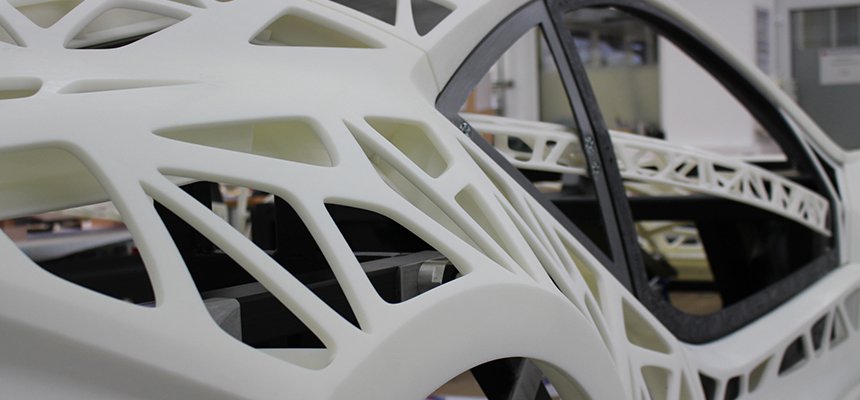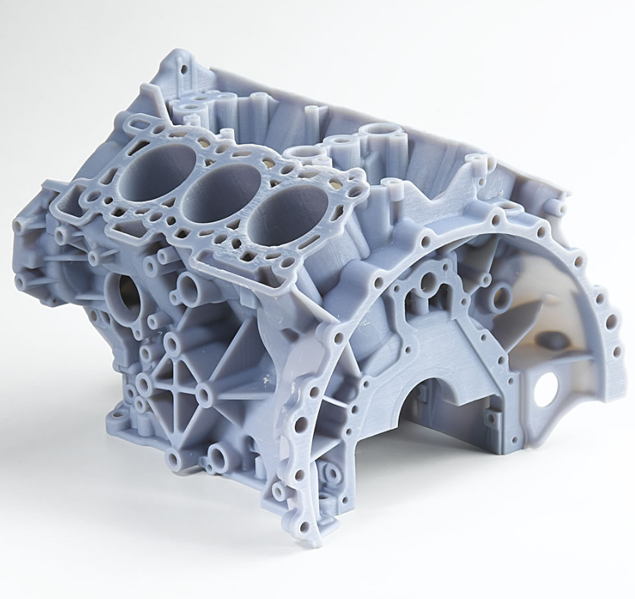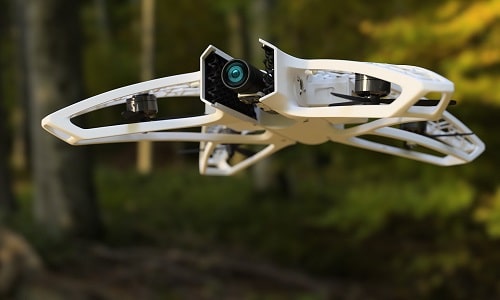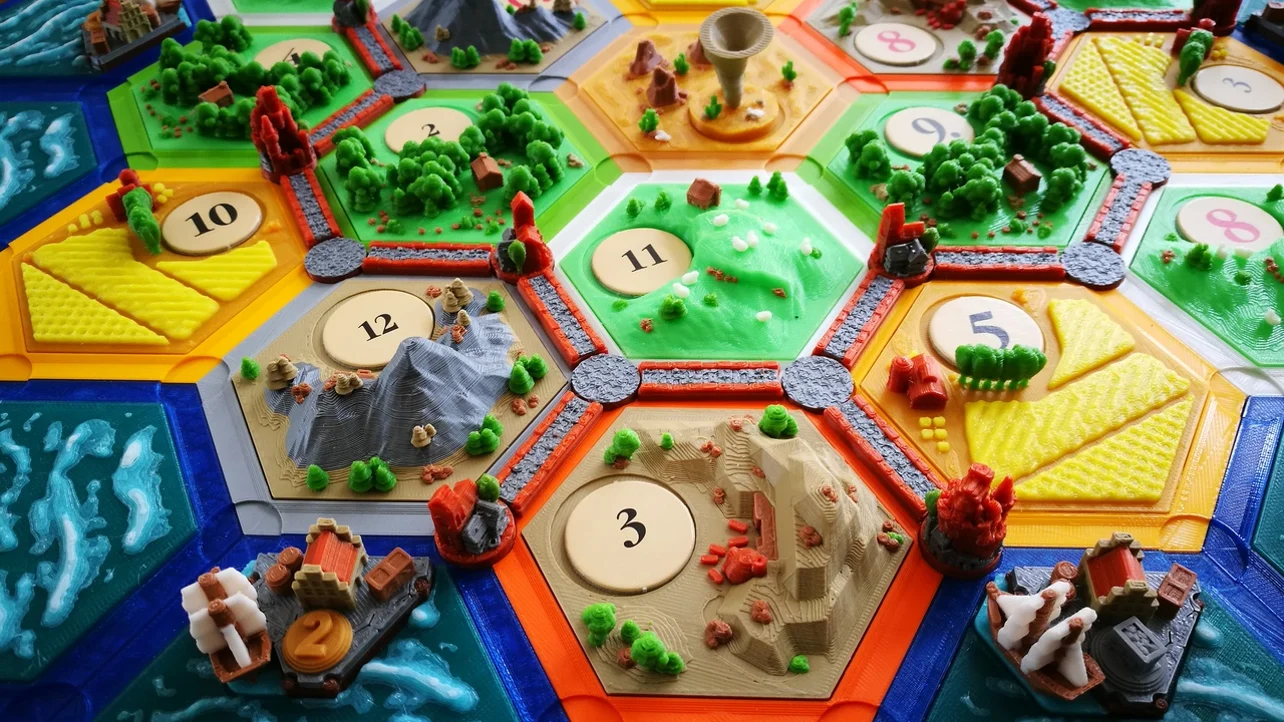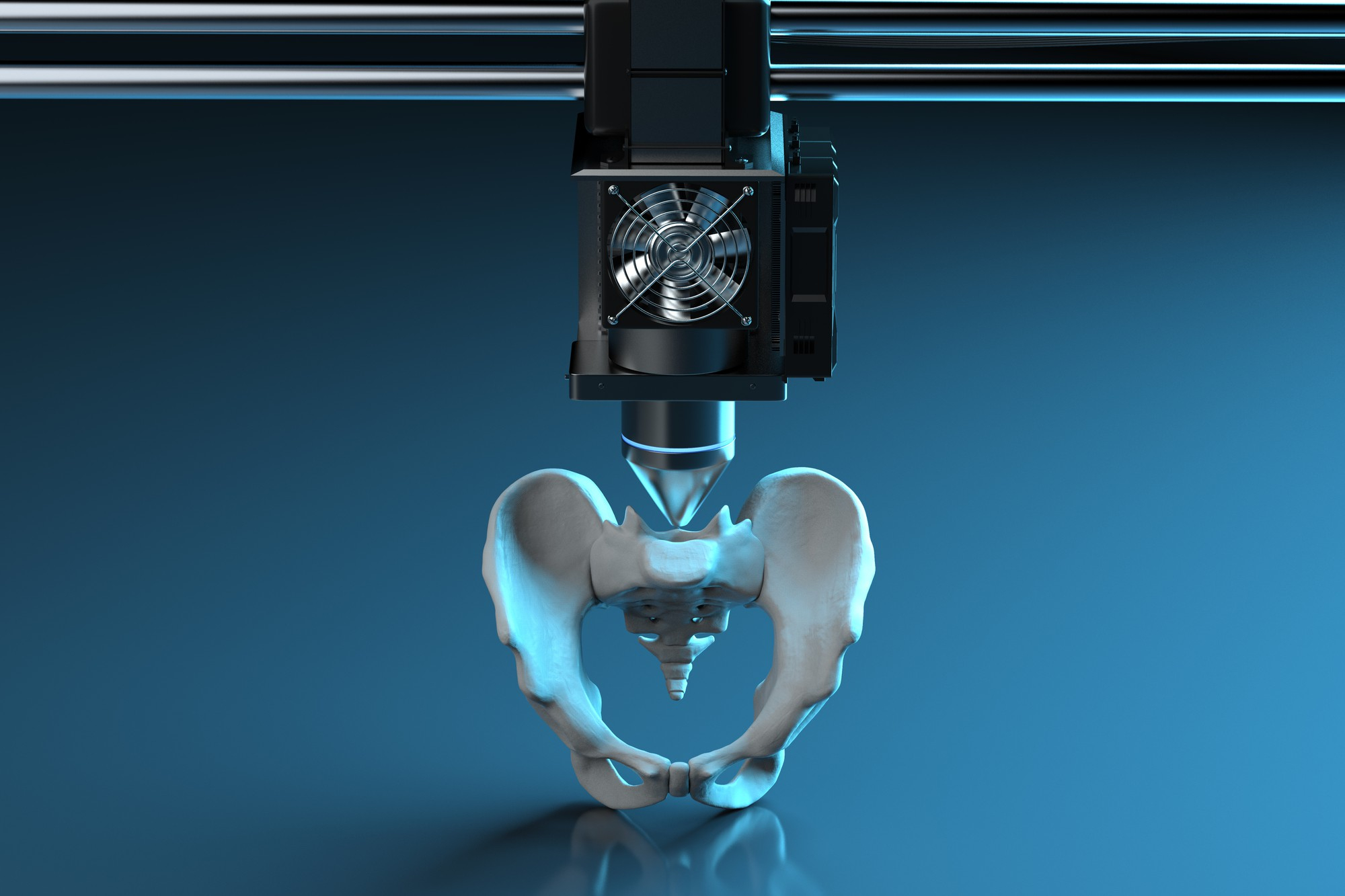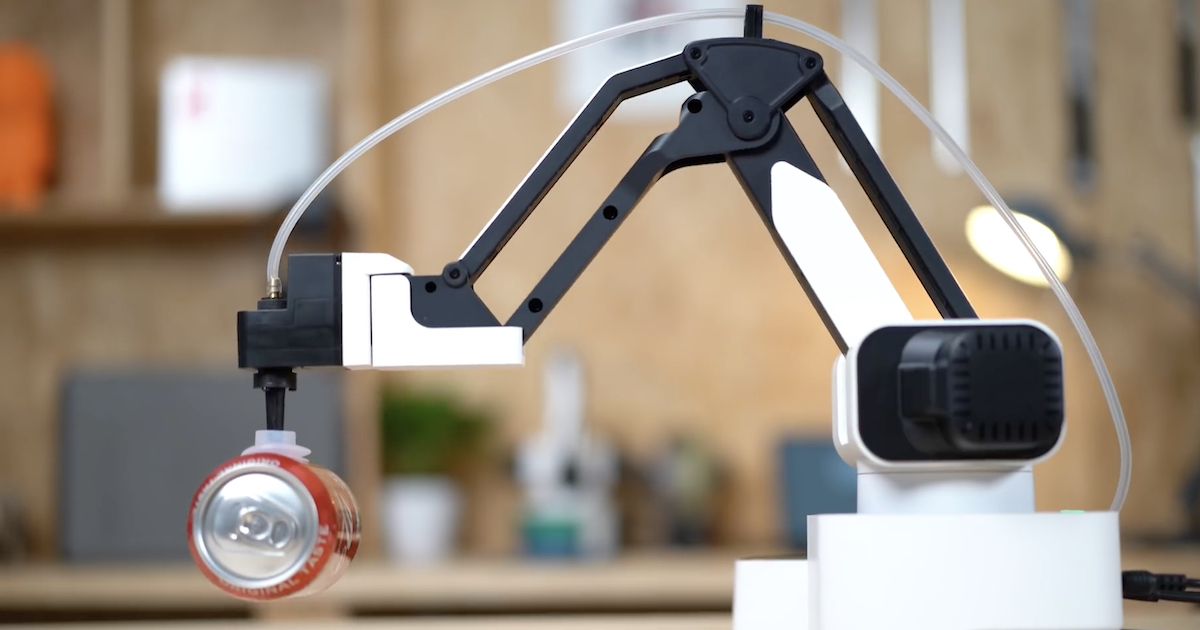With hundreds of millions of gaming enthusiasts in the US (and who knows how many more around the world), you will find a very few people with a good understanding of 3D printing technology and all it brings to the industry. Leisure activities such as playing board games generate billions of dollars in revenue globally each year and are currently expected to grow at a compound annual growth rate (CAGR) of 13% through 2026.
Role-playing board games are enjoying a resurgence. More and more players are spending their time immersing themselves in fantasy worlds full of adventure, strategy, and colorful miniatures, bringing their characters to life. Since these 3D printed parts are often used in many games, they need to be more durable and retain their color. Board gamers and manufacturers also frequently 3D print custom game parts, boards and accessories.
Speaking of color, Solidfill uses the Color Jet technology, which is ideal for multicolored objects. It works with material similar to plaster and is typically used for architectural models or marketing materials, but there’s lots of other possible applications.
